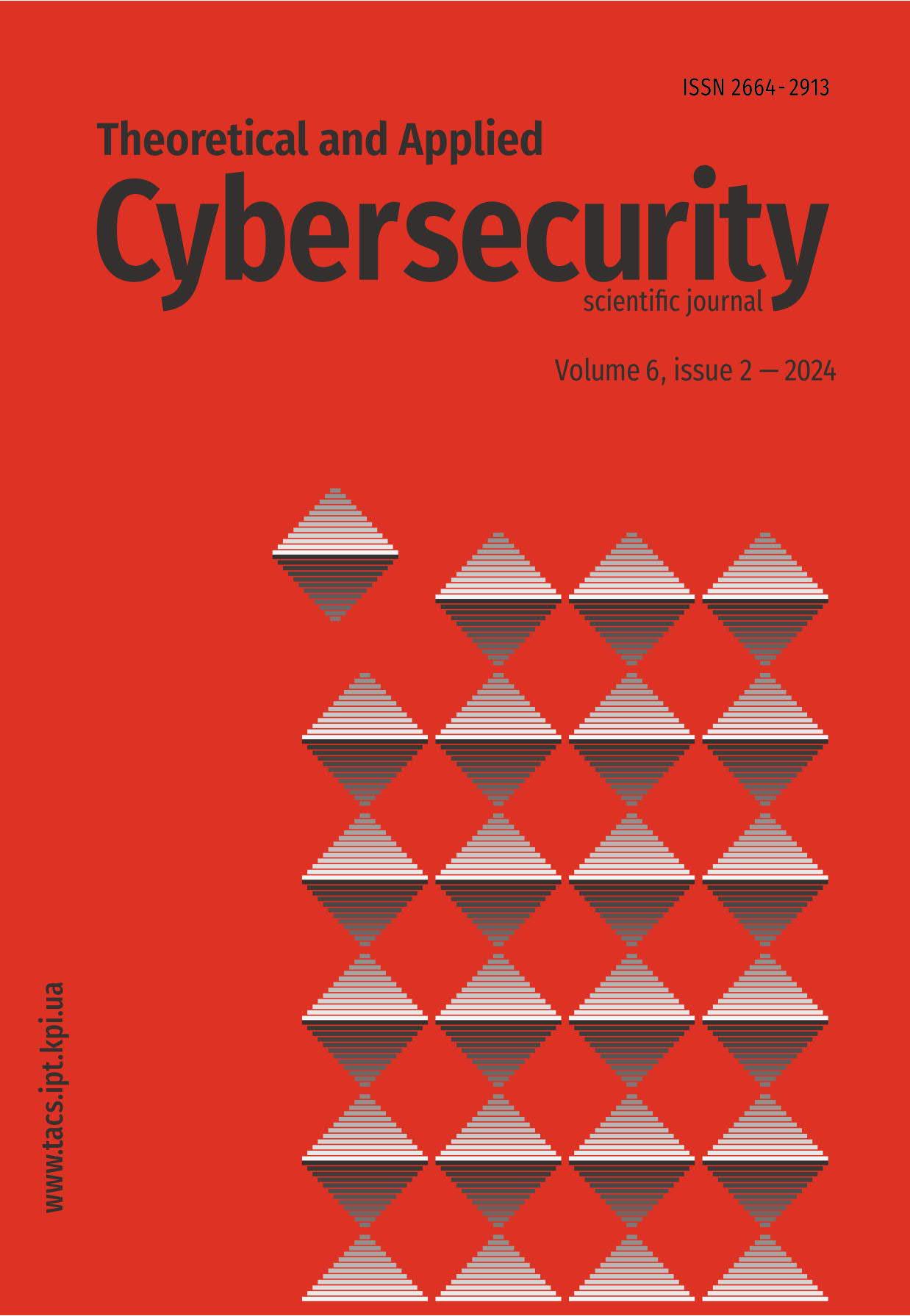Methodology of a Swarm of Virtual Experts for Evaluating the Weight of Connections in Networks
DOI:
https://doi.org/10.20535/tacs.2664-29132024.2.319946Abstract
This article proposes a new methodology — the Swarm of Virtual Experts (SVE) — for evaluating the weights of connections in complex networks, based on a holistic approach. Traditional methods relying on expert assessments often face issues of subjectivity and limited resources. This paper introduces the methodology of the Swarm of Virtual Experts. The focus is on integrating large language models (LLMs) into the decision-making process, where each model acts as a virtual expert with specific tasks and functions. The core idea is to combine diverse assessments from different LLMs using mathematical tools, including incidence matrices, weighted averages, and aggregation methods. The methodology addresses the issue of fragmented results caused by the probabilistic nature of LLMs and enhances analytical efficiency through role assignment to agents, aggregation mechanisms, and quality evaluation of outcomes. The application of this technique is illustrated with examples, particularly in the field of cybersecurity. Special attention is given to holistic analysis, which provides a comprehensive approach to evaluating the weights of connections between nodes in networks.
Downloads
Published
Issue
Section
License
Authors who publish with this journal agree to the following terms:
Authors retain copyright and grant the journal right of first publication with the work simultaneously licensed under a Creative Commons Attribution License that allows others to share the work with an acknowledgement of the work's authorship and initial publication in this journal.
Authors are able to enter into separate, additional contractual arrangements for the non-exclusive distribution of the journal's published version of the work (e.g., post it to an institutional repository or publish it in a book), with an acknowledgement of its initial publication in this journal.
- Authors are permitted and encouraged to post their work online (e.g., in institutional repositories or on their website) prior to and during the submission process, as it can lead to productive exchanges, as well as earlier and greater citation of published work (See The Effect of Open Access).

